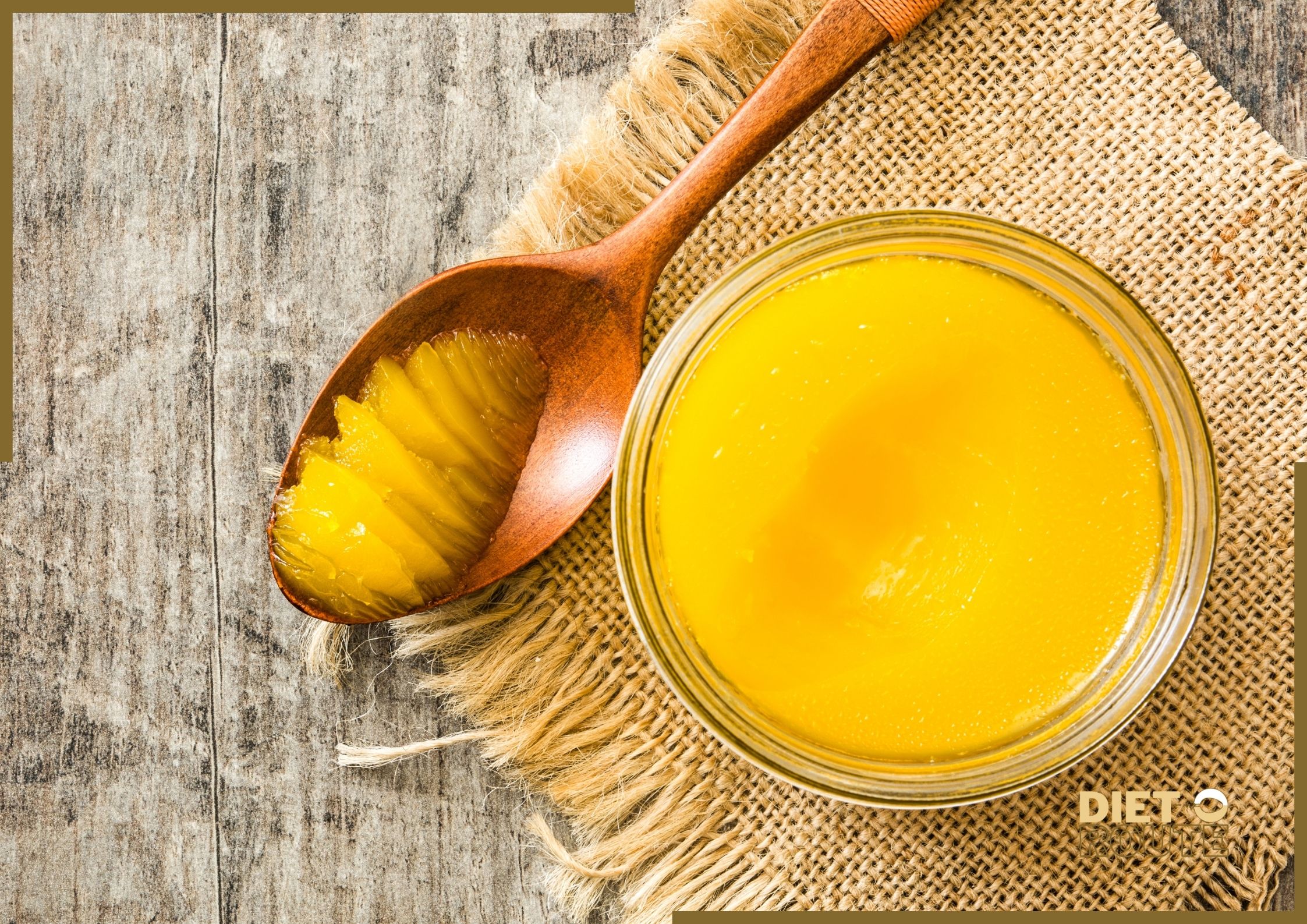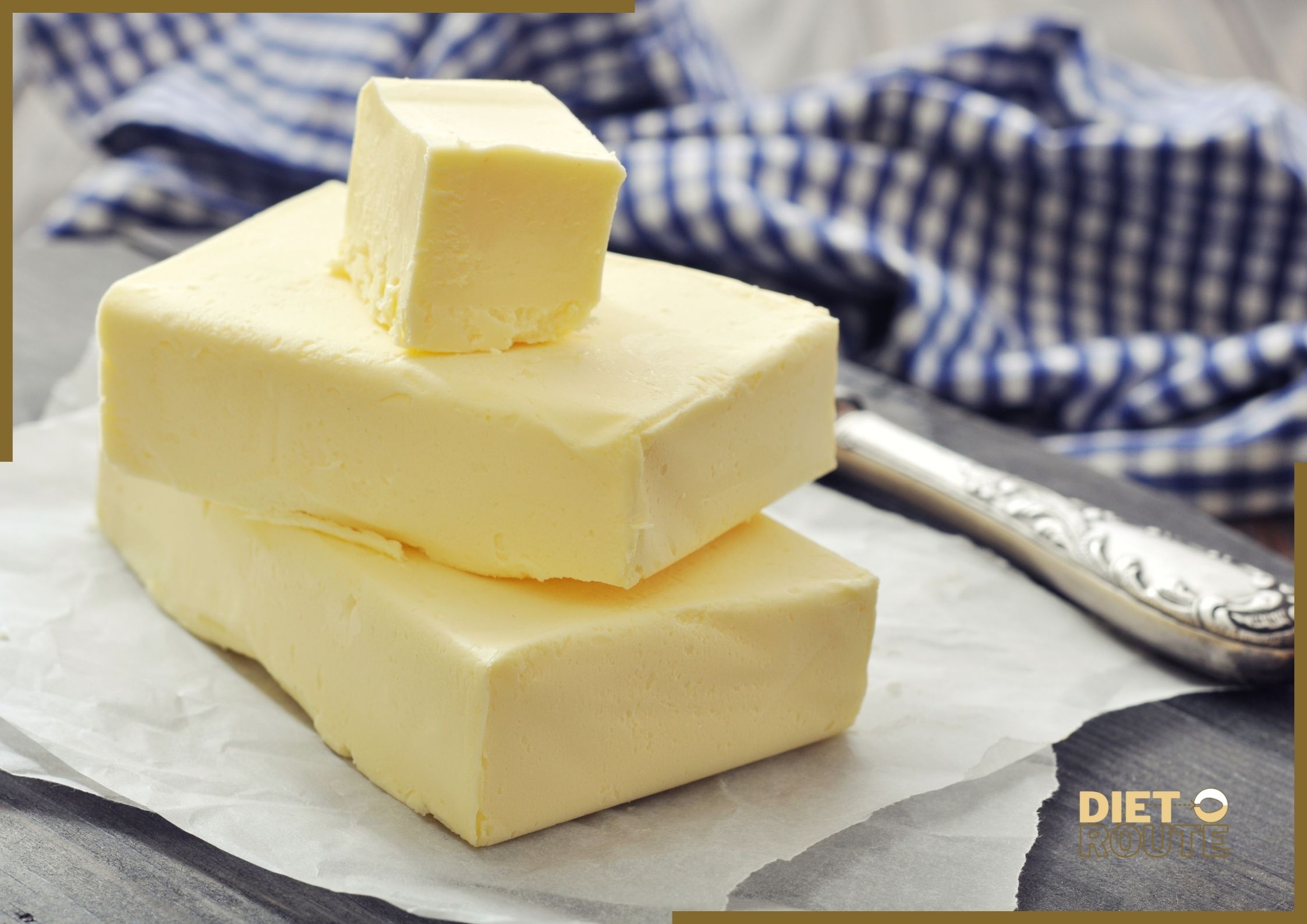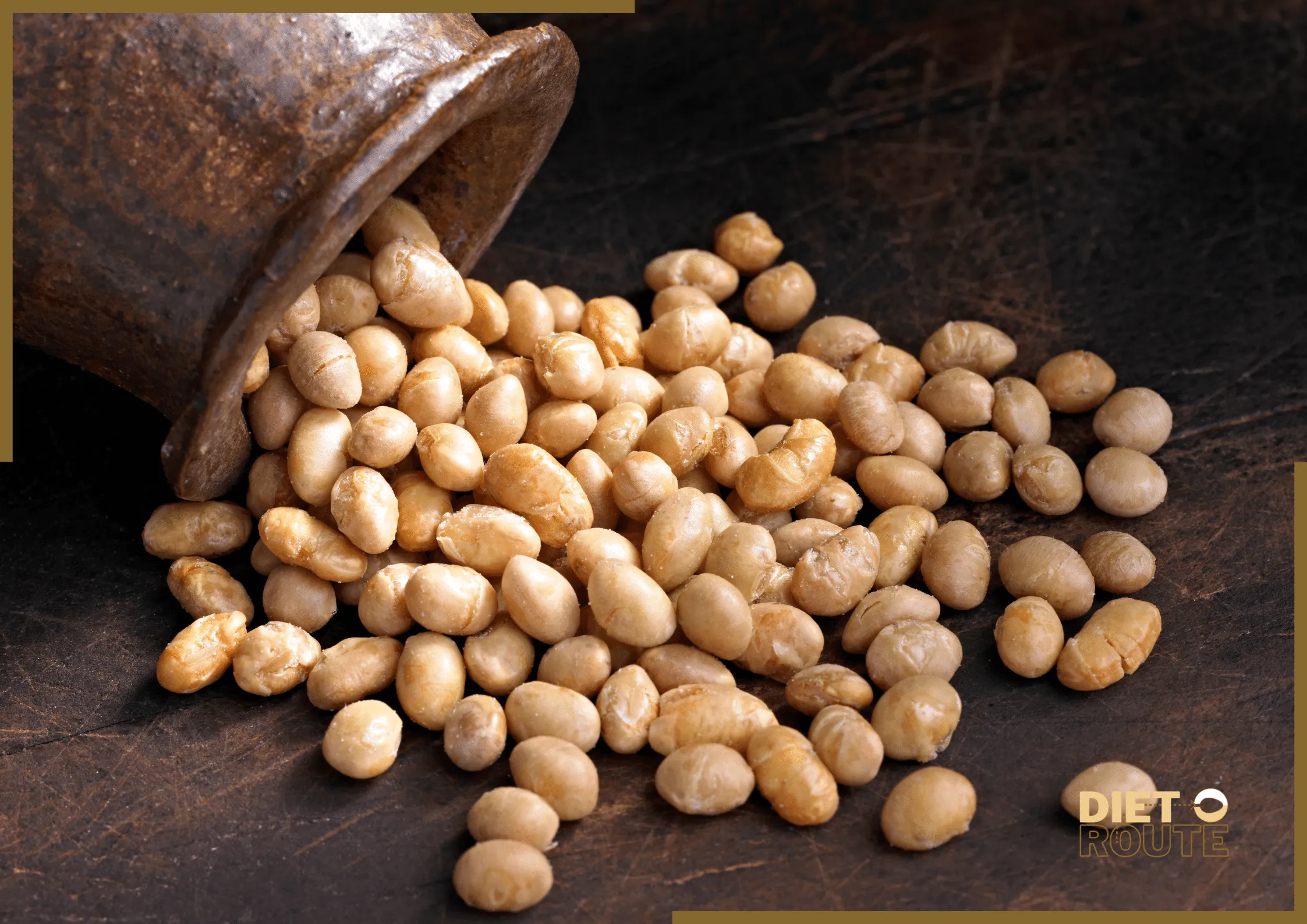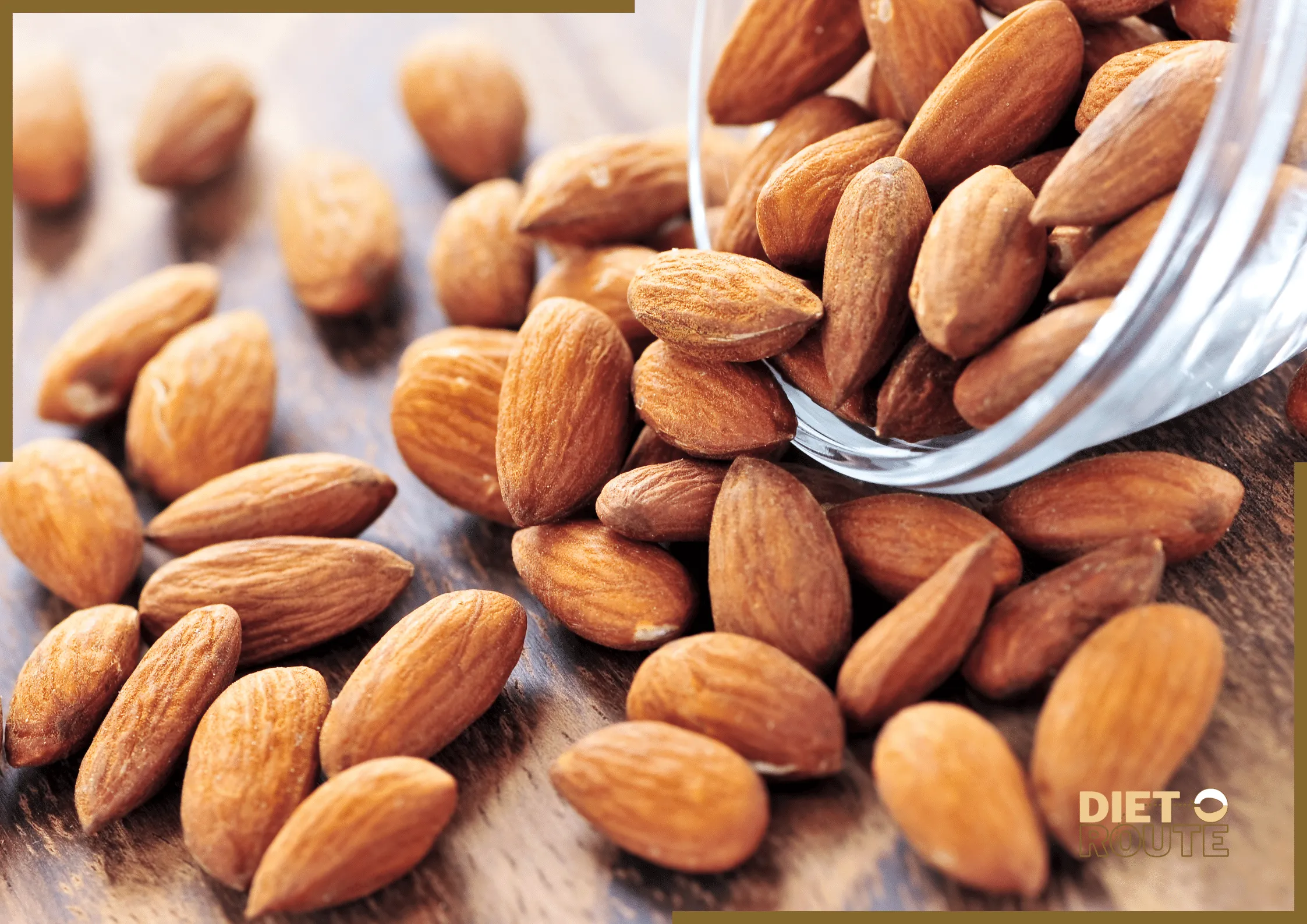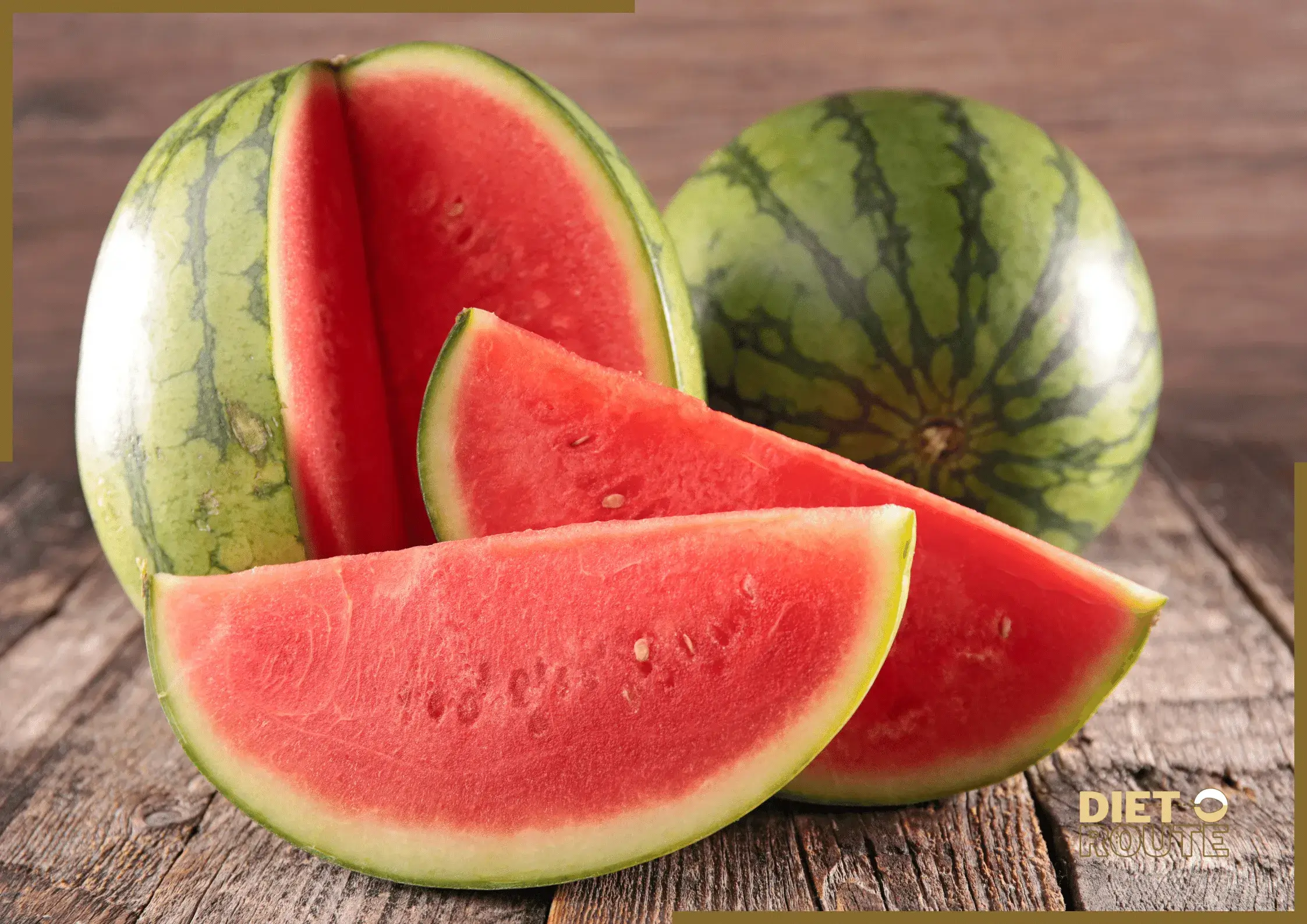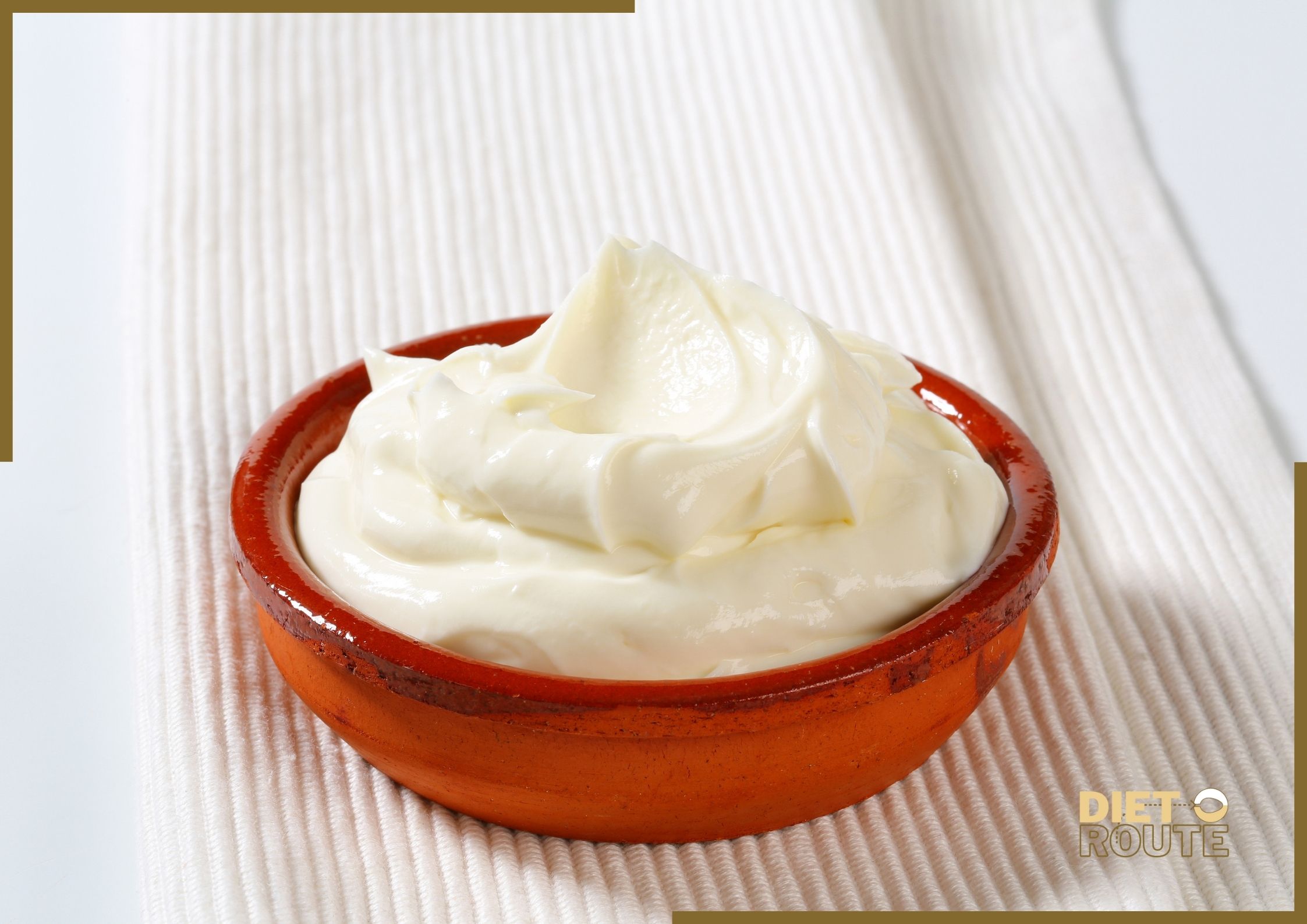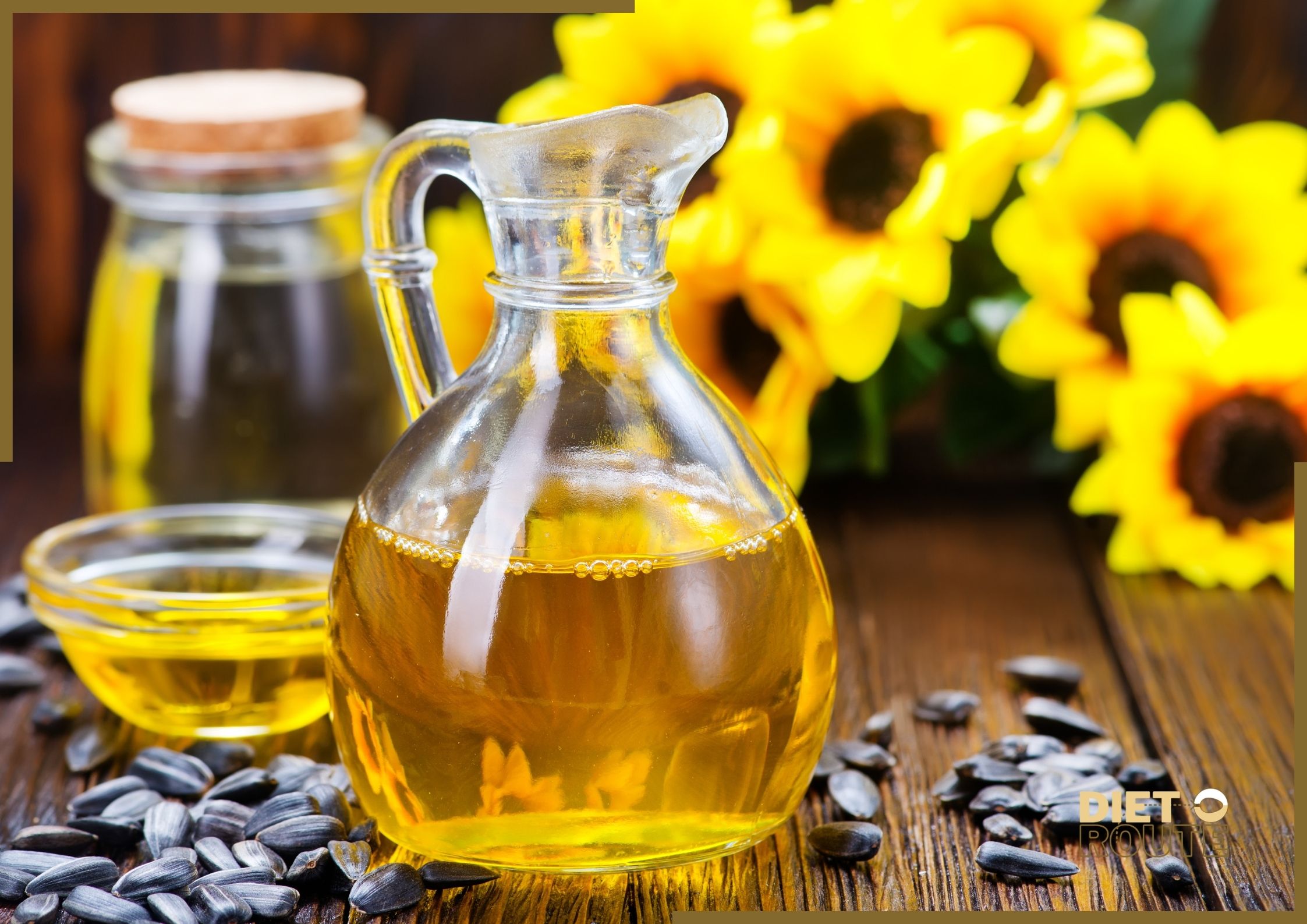Table of Contents
Introduction
Clarified butter, commonly known as ghee, is a type of butter that has been purified to remove the milk solids and water content. It has a distinct flavor and scent and is widely used in cooking. In this article, we will examine the nutritional content, go through its pros and cons, address frequently asked concerns, and offer valuable insights into its role in a balanced diet.
Nutritional Value Approximately 100g
| Nutrient | Amount Per Serving (1 tablespoon) | % Daily Value |
|---|---|---|
| Calories | 120 | 6% |
| Total Fat | 14g | 18% |
| – Saturated Fat | 9g | 45% |
| – Trans Fat | 0g | |
| Cholesterol | 34mg | 11% |
| Sodium | 0mg | 0% |
| Total Carbohydrates | 0g | 0% |
| – Dietary Fiber | 0g | 0% |
| – Sugars | 0g | |
| Protein | 0g | 0% |
| Vitamin A | 498IU | 10% |
| Vitamin E | 2.8mg | 19% |
| Vitamin K | 1.2mcg | 1% |

Pros
1. It has a high smoke point, making it suitable for high-heat cooking techniques like sautéing, frying, and deep-frying.
2. It has a rich, nutty taste that gives a variety of dishes depth and improves the overall flavor.
3. The clarifying process removes lactose and casein, making it a potential choice for individuals with lactose intolerance or allergies to milk proteins.
Cons
1. It is calorie-dense and high in fat; therefore, it’s important to eat it in moderation to limit your intake.
2. While it contains vitamins A and E, it is a minor source of other crucial nutrients and should be consumed in moderation as part of a balanced diet.
Frequently Asked Questions (FAQ)
1. Are individuals with lactose intolerance suitable for clarified butter?
It is often well-tolerated by individuals who have lactose intolerance due to the removal of milk solids during the clarification process.
2. Can regular butter be substituted in recipes with clarified butter?
Yes, for baking and cooking, it can be used as a substitute for regular butter. However, due to the variation in water content, measurements may need to be adjusted.
3. Must clarified butter be kept chilled?
It can be stored at room temperature and has a long shelf life. Refrigeration can help maintain its freshness, though, if stored for a long time.
4. Can dairy-free or vegan diets use clarified butter?
Despite being lactose-free, it is still derived from dairy and is not suitable for rigorous vegan or vegetarian diets. Alternative plant-based choices can be taken into account.
5. Is clarified butter an effective source of vitamins and minerals?
Although it is a minor source of other vitamins and minerals, it does contain trace levels of vitamins A and E.
6. Can individuals with a dairy allergy consume clarified butter?
Since it is derived from dairy and may include minute amounts of milk proteins, people who are allergic to dairy should avoid it.
7. Is the shelf life of clarified butter greater than that of regular butter?
Yes, it has a longer shelf life than regular butter due to the removal of water and milk solids during the clarification process.
8. Do you think clarified butter is suitable for frying?
The high smoke point makes it suitable for frying and other high-heat cooking techniques.
9. Is clarified butter suitable for sauce-making?
In order to give sauces a rich, buttery flavor, it can be used.
10. Is the taste of clarified butter different from that of regular butter?
Yes, compared to regular butter, it has a nuttier and stronger flavor.
In A Nut Shell
Clarified butter is a versatile component in the culinary world because of its unique flavor and high smoke point. Individuals can choose to include clarified butter in their diet with confidence if they have a thorough understanding of its nutritional content, weigh the pros and cons, and answer common questions. As part of a healthy and varied diet, enjoy the richness and taste of clarified butter in moderation.
